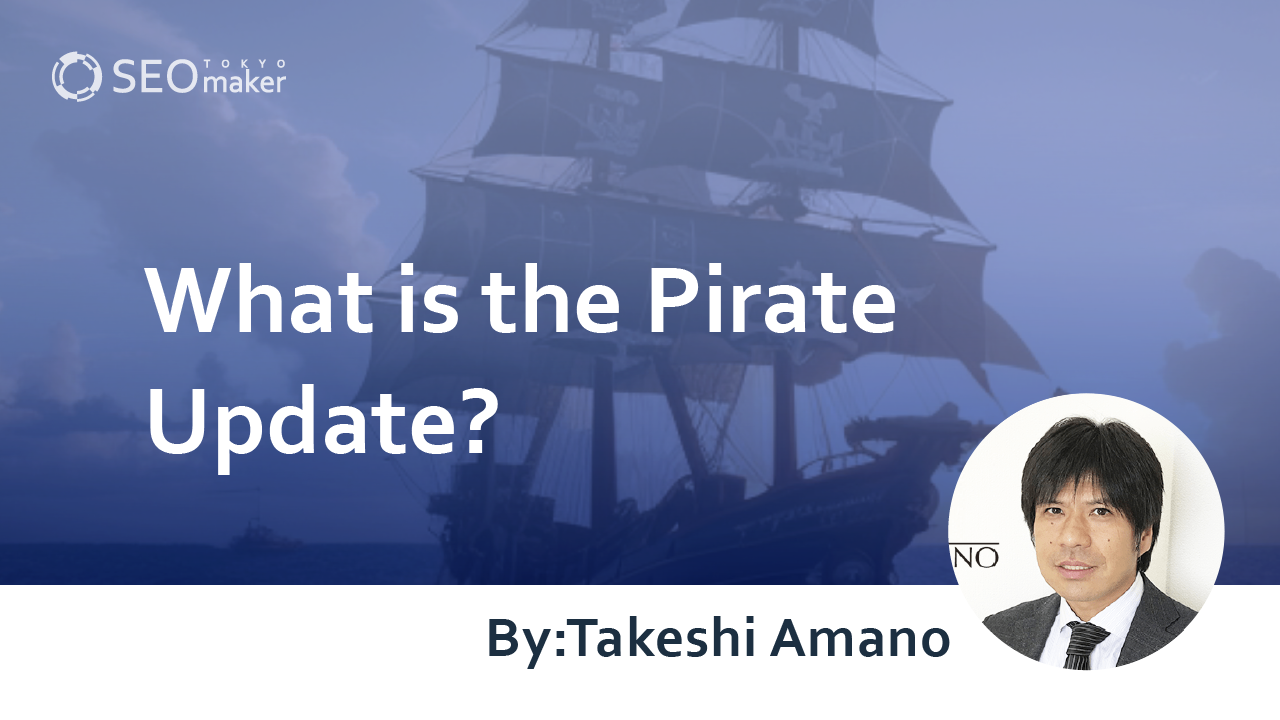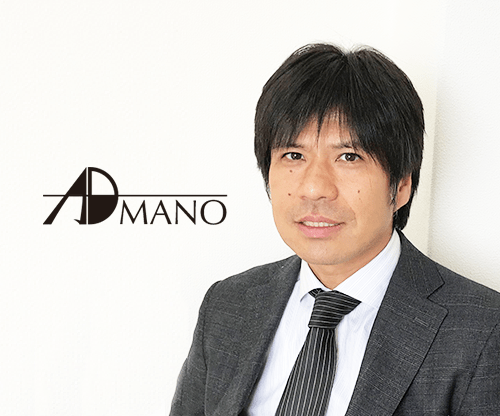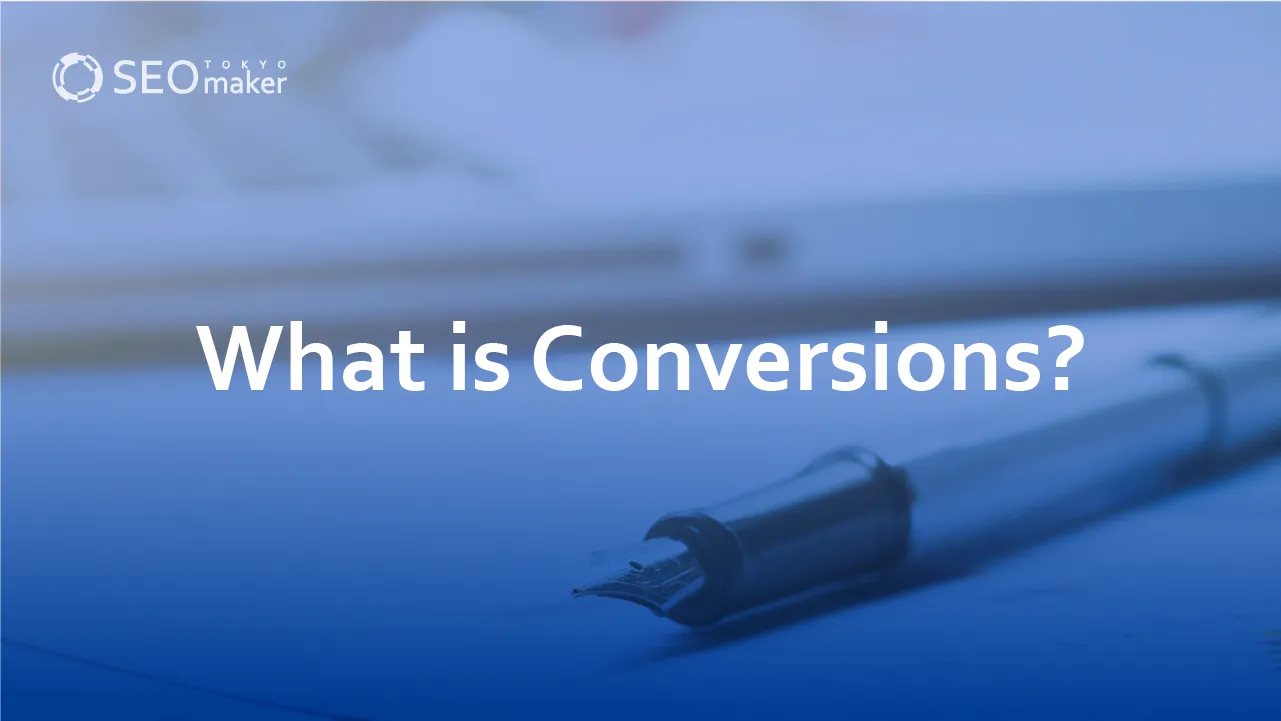What is the Pirate Update? : Concrete Measures
contents

The Pirate Update is an update conducted to protect copyright. Google regularly updates its algorithms, so it’s essential to understand each update to create content with effective SEO strategies.
In this article, we will explain the specific content and measures of the Pirate Update.
What is the Pirate Update?
The Pirate Update is an update introduced by Google in August 2012 to combat copyright infringement. “Pirate” refers not only to sea pirates but also to those who infringe on copyrights.
Specifically, it is a search engine algorithm designed to lower the rankings of websites that violate the Digital Millennium Copyright Act (DMCA).
Implemented for the first time in August 2012 and updated again in October 2014, this update targets malicious site operators who use others’ photos, texts, videos, etc., without permission.
Google regularly reviews its search engine algorithms, which determine the search rankings for keywords, and continuously improves them to display the most useful content for users. The Pirate Update is one of these algorithm updates aimed at enhancing the quality of search results.
Related Articles: Explaining the Impact and Countermeasures of Duplicate Content (Duplicate URLs) on SEO
Background of the Pirate Update
The background of the Pirate Update lies in the persistent issue of copyright-infringing sites. Previously, websites that violated copyrights still appeared at the top of search results.
To protect the rights of copyright holders who were being infringed upon, the Pirate Update was implemented. Websites with infringing content see a drop in search rankings, resulting in fewer visitors and search queries.
Thus, the Pirate Update helps protect the rights of copyright holders and lowers the search rankings of sites that handle infringing content.
Details of the Pirate Update
The Pirate Update includes three major implementations.
POINT
-Algorithm updates to prevent copyright infringement
-New ad formats
-Removal of infringing content from autocomplete suggestions
Here, we explain the specific details of each.
Algorithm Updates to Prevent Copyright Infringement
A significant aspect of the Pirate Update is the algorithm update to prevent copyright infringement.
The algorithm lowers the search rankings of websites with many copyright violations. Google accepts copyright infringement complaints based on the DMCA through a dedicated reporting form. Websites receiving numerous complaints are deemed to be continuously operating in violation of copyrights, and their search rankings are subsequently lowered.
This update has made it more difficult for illegal sites to appear at the top of search results when searching for movies or TV shows. By making these sites less visible, user visits to such websites are reduced, and the rights of copyright holders are protected.
Adoption of New Ad Formats
The adoption of new ad formats involves displaying only the official homepage related to the searched content at the top of search results when searching for keywords related to music, movies, or TV shows.
When queries related to music or movies include keywords like “download,” “free,” or “watch,” an ad link to the officially licensed site appears between the search bar and the first organic search result.
This new ad format helps display the copyright holder’s site, making it less likely for malicious sites to rank higher.
Removal of Infringing Terms from Autocomplete
Autocomplete is a feature that automatically suggests keyword candidates below the search bar as you type.
Previously, frequently searched keywords appeared here. However, with the Pirate Update, keywords leading to sites downgraded based on the DMCA (Digital Millennium Copyright Act) no longer appear.
Since the algorithm update lowers the rankings of infringing sites, allowing easy access via autocomplete would be counterproductive. Therefore, Google has adjusted autocomplete to ensure that predictive queries likely to lead to copyright-infringing sites do not appear as initial suggestions.
Sites Affected by the Pirate Update
So, what types of sites are affected by the Pirate Update?
To avoid unintentionally infringing on copyrights, it’s essential to understand which sites are impacted by the Pirate Update.
Sites that distribute others’ videos or music without permission are likely to be affected by the Pirate Update. It’s necessary to check beforehand whether using videos or music from other sites would constitute copyright infringement.
Even videos distributed on platforms like YouTube may be subject to copyright, so be cautious when using videos or music on your site.
Using Duplicate Content
Copyright infringement does not only apply to videos and music but also to text. Content that directly copies from other sites or impersonates other sites can be considered malicious duplicate content and poses a risk of copyright infringement.
Search engines evaluate duplicate content negatively, which can lower the overall rating of your site. Therefore, when creating content, it’s important to use check tools to ensure that you are not inadvertently creating duplicate content.
Using Images Without Permission
Images also have copyrights, so using images from other sites without permission can lead to inadvertent copyright infringement. Even if you think you are using free images, previous team members may have used copyrighted images unknowingly.
If you have any doubts, it’s necessary to delete suspicious images or recheck previous content.
Google’s Response to Copyright Infringement
The Pirate Update was implemented to prevent copyright infringement. What specific measures does Google take against copyright infringement? Here, we explain Google’s approach to handling copyright violations.
Accepting Removal Requests
While the Pirate Update is part of Google’s algorithm, Google does not directly detect sites that may be infringing on copyrights. If your work is being used without permission, you can submit a removal request for infringing content using Google’s copyright infringement complaint form.
The person using the content may have their side of the story, so in some cases, a counter-notice can be filed, notifying the party that sent the removal request.
Sending Warnings and Removal Requests to Infringers
When submitting a copyright infringement complaint form, you provide evidence of the infringement. If the claim is validated, Google sends a warning and a removal request to the infringing party. If there are multiple removal requests with no improvement, the Pirate Update will lower the search rankings of the infringing site.
If sufficient evidence of copyright infringement is not provided, Google may restore the site. However, in some cases, this can lead to civil litigation and legal action may be taken.
How to Submit a Removal Request to Google
Submitting a removal request to Google can be done easily through the copyright infringement complaint form. By filling out the required information and submitting the form, the request is completed.
When submitting the form, you need to provide evidence of the copyright infringement. Include information to identify the copyrighted material and a description of the work, as shown in the image, to inform Google about the content you want to be removed.
There have been cases where individuals attempt to exploit the DMCA guidelines maliciously by submitting false copyright infringement claims against competing sites to lower their search rankings.
Therefore, it is crucial to set up Google Search Console to receive notifications of removal requests and promptly file a counter-notice if necessary.
Preventive Measures for the Pirate Update
It is essential to take preventive measures against the Pirate Update to ensure that you do not unintentionally infringe on copyrights when creating content.
To avoid having to delete the valuable content you have created, understand and implement the necessary preventive measures in advance.
Do Not Promote Illegal Videos
Avoid promoting illegal videos or anime. For example, sharing videos distributed on unofficial sites for movies or anime on your site may lead to your site being deemed as infringing on copyrights.
Acts such as dubbing footage or music from these illegal sites and backing up data are considered illegal under the Digital Millennium Copyright Act.
Use Citation Tags When Referencing Other Sites
When creating content, you may reference other sites. However, directly copying content can result in your site being deemed duplicate content, which lowers its rating and may even lead to penalties. (Refer to Google’s Advanced SEO – Scraped Content)
Therefore, always use citation tags when referencing content from other sites. This way, Google recognizes the text as a quotation.
Involve Experts in Writing and Reviewing
One of the most critical factors in Google’s search quality evaluation guidelines is E-A-T, which stands for Expertise, Authoritativeness, and Trustworthiness. It is one of the criteria used to evaluate search rankings.
Creating content with E-A-T in mind ensures originality and reduces the risk of creating duplicate content. Involving experts in writing or reviewing your content can be particularly effective.
Related Articles: What Does “Authoritativeness” Mean in SEO According to Google?
Summary
In today’s world, where vast amounts of information are distributed online, it is not uncommon to unknowingly infringe on copyrights. Therefore, it is crucial to correctly understand the Pirate Update to avoid unintentional copyright infringement. Additionally, to prevent being affected by the Pirate Update, make sure to follow the preemptive measures discussed and always verify that your content does not infringe on copyrights before distribution.










![What is a Description? Explaining the Meaning, Writing Style, and Changing Word Count – [2023 Edition]](https://www.switchitmaker2.com/en/wp-content/uploads/2024/09/what-is-description.webp)










